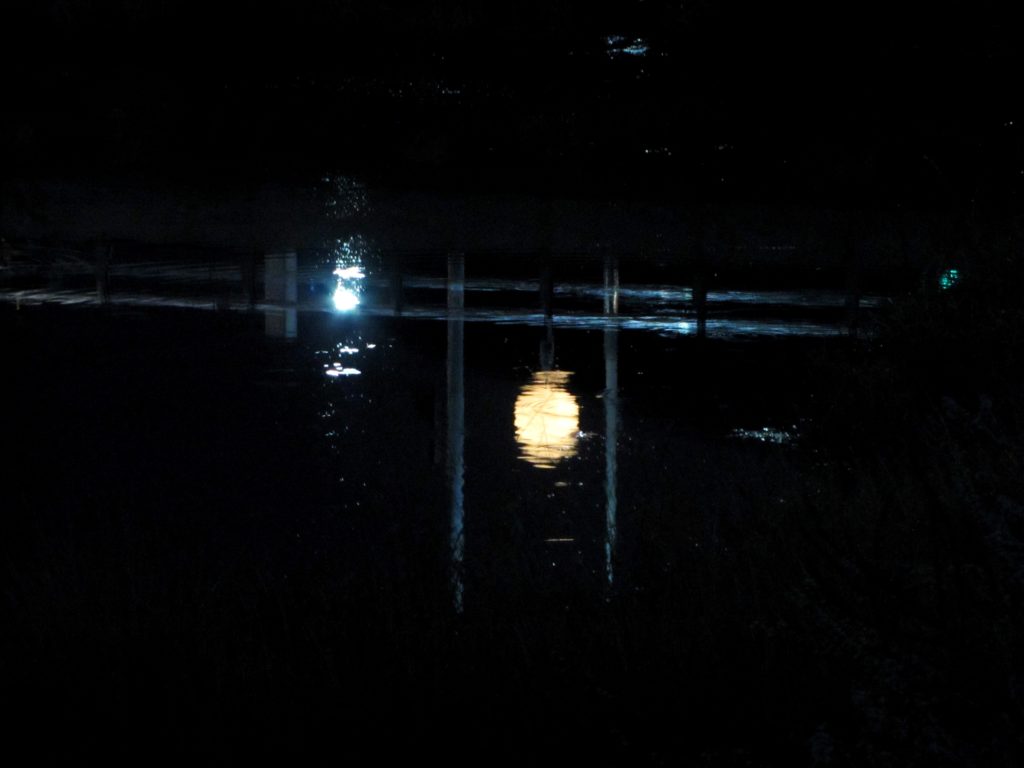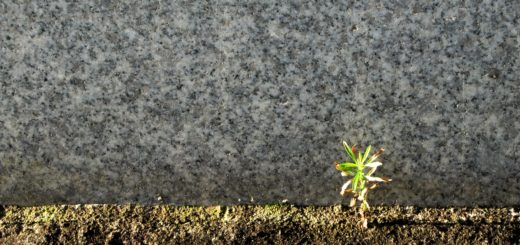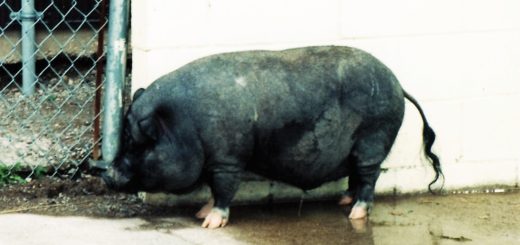Two Reflections On Anti-American Things
When Vladimir Putin’s regime finally falls, or the Botox Tyrant himself withers and dies, probably in prison somewhere, will the apparent entity we call “Tucker Carlson” actually go poof, and the last two years of his “life” simply disappear entirely from the universe and the collective memory? I commit this thought to writing here in the nature of an experiment. Specifically, if my speculation comes to pass, I wish to learn whether the present writing itself, along with all other recorded references to the apparent entity called “Tucker Carlson” which have occurred over the past two years, will vanish along with him, or whether, instead, we will all be left stumbling in bafflement upon these references, and asking ourselves, “What on Earth were we talking about? Was this a mass delusion, or have we suffered some sort of collective memory loss?”
One of the essential glories of the American constitutional republic, more a matter of the spirit than the letter of the founding law, is the way former presidents have traditionally faded into the background after leaving office. Their reticence or even outright refusal to insert themselves into the public discussion, at least with regard to current policy questions or the judgment of other elected officials, has been a continuing and noble example of the American idea of “a government of laws and not of men,” along with the related principle that the real human rulers of that nation are “the people,” through their elected representatives, and not the elected officials themselves — least of all, paradoxically, the most visible of those elected officials, namely the presidents. To step away from the arena of public debate after the conclusion of one’s term is not a statutory requirement, since after all, a former president is now a private citizen, and therefore as free to speak his mind in whatever forum is available to him as anyone else. But there has been an implicit understanding, established in practice by the very first (and likely greatest) president, that the spirit of the Constitution, and of the concept of a peaceful transition of power, more or less demands that a former president not take advantage of his status by exploiting the superior public access he may command to exert excessive influence on public opinion or policy, but rather humbly defer to the will of the people by allowing their newly elected representatives to fulfill their own duties without interference or subtle subversion from a predecessor who may still hold a significant amount of influence among his admirers and former voters.
To step away, to become an advocate or spokesmen for useful public causes perhaps, but to avoid the hot button issues as much as possible, has been the presidential way in America throughout its history — until the last two presidents. Barack Obama and Donald Trump are the first two former presidents, certainly in my lifetime and possibly in anyone’s lifetime, who have not only refused to shut up, but have attempted, repeatedly, to insert themselves into current debates, issues, and personal judgments, as though attempting to manage a sort of shadow government or rebel force from the sidelines. In both cases, since these are also the two most ignorant and policy-incompetent presidents in American history, we may fairly judge that their refusal to fade into the background is mainly a result of a trivial desire, typical of the era and epitomized by both men, for endless attention, and a craven unwillingness to leave the stage, the spotlight, that has comprised the very substance and meaning of their lives, both as presidents and as private citizens.



